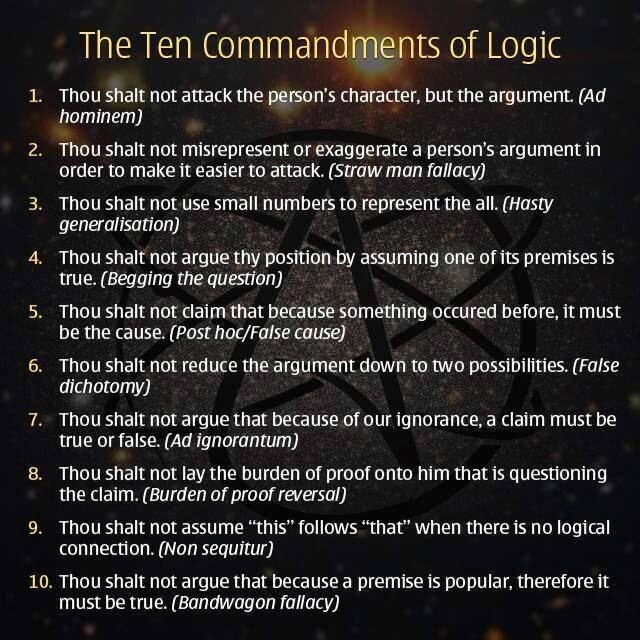this post was submitted on 29 Jul 2023
264 points (90.2% liked)
Atheist Memes
5831 readers
42 users here now
About
A community for the most based memes from atheists, agnostics, antitheists, and skeptics.
Rules
-
No Pro-Religious or Anti-Atheist Content.
-
No Unrelated Content. All posts must be memes related to the topic of atheism and/or religion.
-
No bigotry.
-
Attack ideas not people.
-
Spammers and trolls will be instantly banned no exceptions.
-
No False Reporting
-
NSFW posts must be marked as such.
Resources
International Suicide Hotlines
Non Religious Organizations
Freedom From Religion Foundation
Ex-theist Communities
Other Similar Communities
!religiouscringe@midwest.social
founded 2 years ago
MODERATORS
you are viewing a single comment's thread
view the rest of the comments
view the rest of the comments

To go further, you can have a conditional claim like "A implies B", that doesn't beg the question, but in your reasoning for showing why A really does imply B, you can still beg the question (which is what happens in my pythagorean example).
Certain arguments can have premises that do essentially beg the question too though. If I make a conditional claim like "A and B are true therefore B is true", then my conditional claim assumes B is true in the first place. You can't really tell anything about whether or not B is actually true from my claim because my claim assumes B is true from the start.
Just having to assume certain premises isn't inherently logically fallacious. All true conditional claims depend on their premises to guarantee the truth of their conclusion. The issues that can arise with conditional claims are usually that their premises are false or that their premises don't actually imply their conclusion.